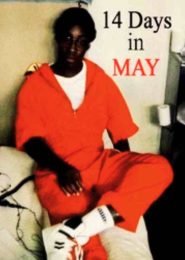Apartheid Did Not Die (1998)
Apartheid Did Not Die, a 1998 documentary co-produced by John Pilger, offers a searing critique of the post-apartheid South African landscape. Directed by Alan Lowery, this film dives beyond the celebratory narratives of democracy’s dawn, exposing the harsh realities faced by the majority of South Africans.
The Economic Apartheid
- Beyond Racial Boundaries:
- The documentary argues that apartheid was not solely about race; it ran deeper. Economic apartheid underpinned the racial segregation.
- While racial apartheid was outlawed, the economic system perpetuated inequality, keeping most blacks in poverty while a privileged minority controlled the nation’s wealth.
- The ANC’s Compromises:
- The film examines the African National Congress’s (ANC) resistance to the white government, Nelson Mandela’s imprisonment, and international sanctions.
- As reality approached, the ANC made historic compromises in secret meetings with the regime. These included amnesty for apartheid-era perpetrators through the Truth and Reconciliation Commission.
- White Privilege Persists:
- Apartheid Did Not Die reveals that white privilege endures. A socialite tries on designer dresses while wearing jewelry worth over £100,000.
- The market improves for whites, while blacks continue to toil in gold fields for multinational companies.
Legacy and Continuing Struggle
- The documentary’s inspiration and lessons are universal:
- Ordinary South Africans set the pace of change, their humanity and courage triumphing.
- The ongoing struggle for justice and equality remains universal.
As we grapple with global disparities, Apartheid Did Not Die serves as a stark reminder—a testament to the resilience of those who continue to fight for a more just world.




